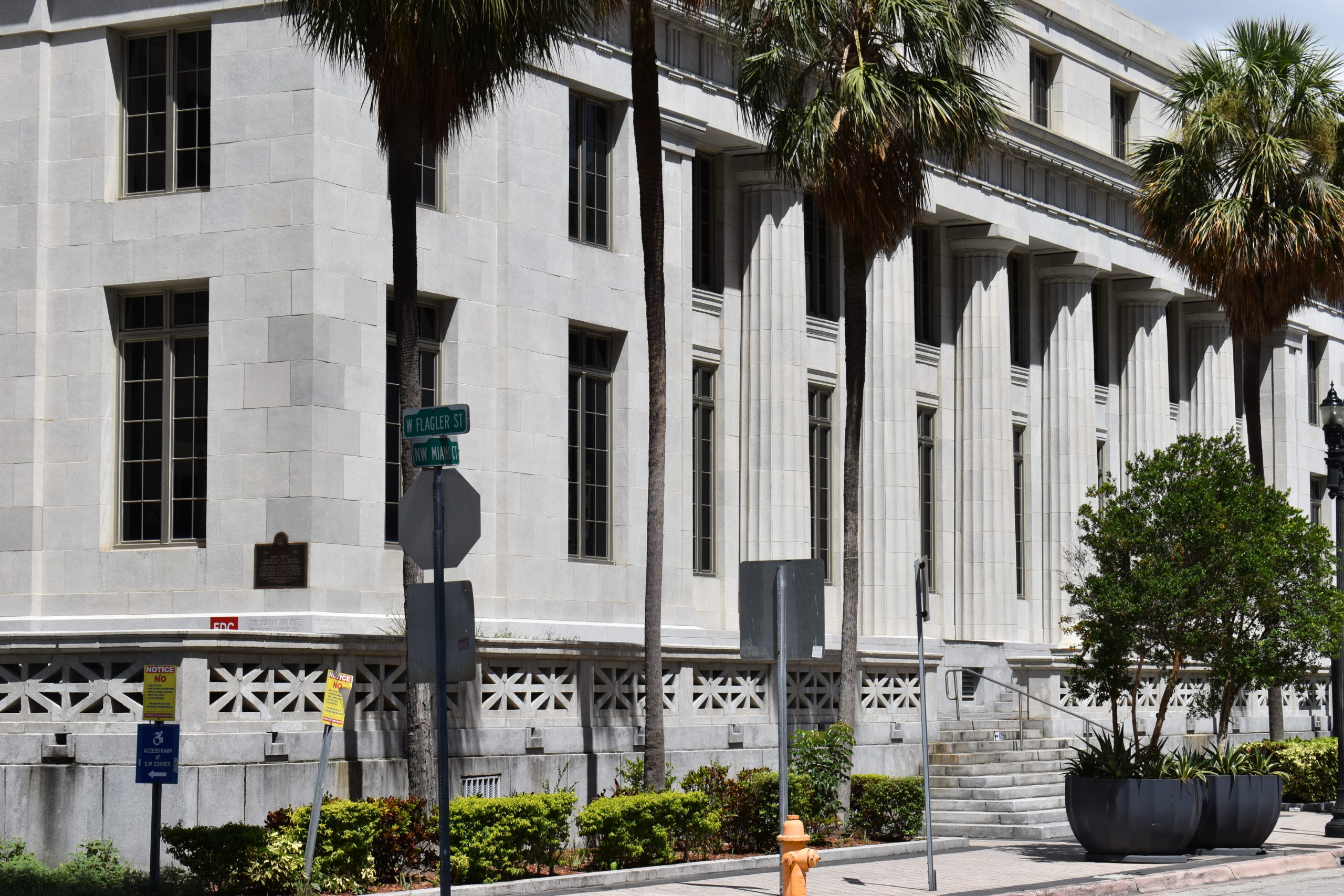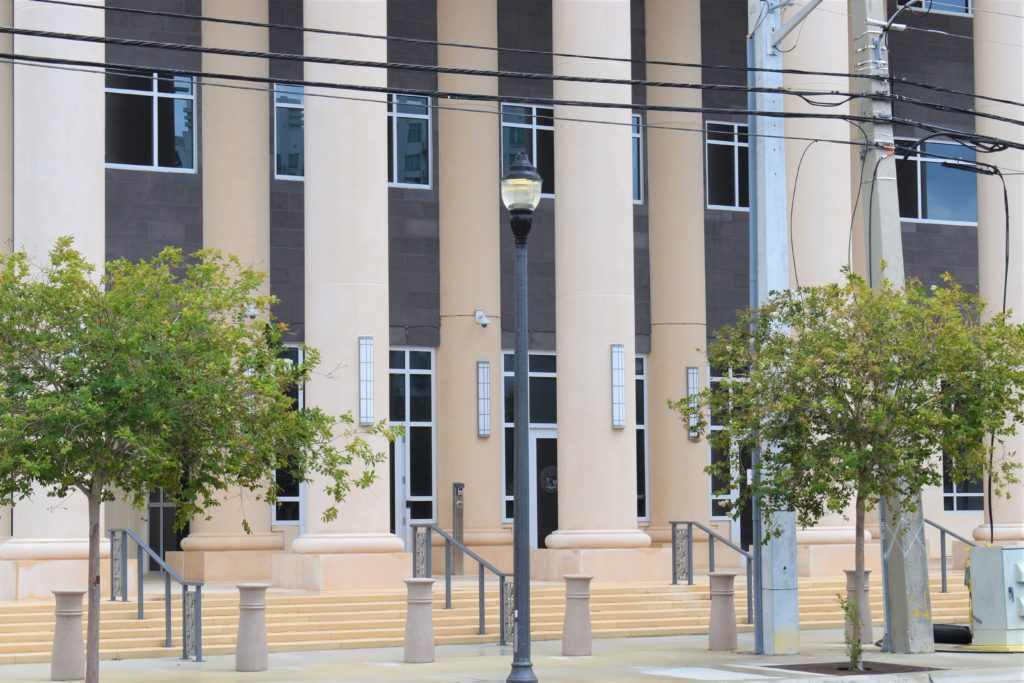Divorce and Inheritance Rights in Florida

Divorce and inheritances rights might seem that they don’t go together. But a divorce decree or marital settlement agreement affects property. And property is “probated” when one dies in Florida. If you are divorced, can you still inherit from your ex-spouse under his or her Florida will? How does divorce affect inheritance rights in Florida? What if an ex-spouse is a beneficiary named in the decedent’s Florida will? Does it matter if my ex-wife wrote her will before we got married rather than during our marriage? To read a FREE article written by Inheritance Attorney John Pankauski, Esquire on this topic, CLICK THIS LINK.

Divorce Affects Florida Inheritances
Did you know that getting a divorce could have a substantial effect on your inheritance rights in Florida? Palm Beach probate lawyers know that certain probate statutes limit the inheritance rights of ex-spouses in Florida.
Frequently, trust and estates litigators, like the lawyers here at Pankauski Hauser, encounter cases involving ex-spouses who believe they should be inheriting what had been left to them in a will that was written during their marriage.
For a FREE WEBINAR on Divorce and Inheritance Rights by John Pankauski, Esquire, CLICK HERE.
Do Ex-Spouses Inherit?
Is that ex-spouse entitled to inherit from his or her former spouse’s Florida will even though they got a divorce? This answer can prove to be tricky, and it depends on several factors. For example, one factor to be considered is whether the will was created BEFORE the marriage or DURING the marriage.
What if a former spouse’s name is still on a bank account, AFTER the divorce? Who gets the bank account when the owner dies?
Therefore, if you are getting a divorce in West Palm Beach or anywhere in Florida, you may wish to speak to your divorce lawyers and estate lawyers about this. You may also wish to read Florida Statute 732.507(2).
Divorce and Inheritance Rights Laws
What is Florida Statute 732.507? If you are the ex-spouse of a decedent, and you are named in the decedent’s Florida will, you may still be out of luck when it comes to receiving an inheritance. In other words, even if you are named in your ex-husband or ex-wife’s Florida will as a beneficiary, you may have lost those inheritance rights when you got divorced.
This is because Florida Statute section 732.507(2) states the following: “Any provision of a will executed by a married person that affects the spouse of that person shall become void upon the divorce of that person or upon the dissolution or annulment of the marriage. After the dissolution, divorce, or annulment, the will shall be administered and construed as if the former spouse had died at the time of the dissolution, divorce, or annulment of the marriage, unless the will or the dissolution or divorce judgment expressly provides otherwise.”
Therefore, a court may find that you are not entitled to inherit under your ex-spouse’s Florida will. However, you should consult with a West Palm Beach probate lawyer to make sure that you are not wrongly giving up inheritance rights! You may also want to check out a recent Second DCA opinion, Gordon v. Fishman, which discusses one way that an ex-spouse may still be able to inherit after divorce.
Gordon v. Fishman
Gordon v. Fishman discusses how an ex-wife is still able to inherit from her ex-husband’s Florida will. Here, the guardian of the decedent’s father petitioned for administration, treating the decedent’s estate as intestate. When an estate is deemed intestate, it means that the decedent did not have a will. However, the ex-wife of the decedent had an original will, written by the decedent prior to her and the decedent getting married, and filed it. She claimed that she was a beneficiary.
Under Florida Statute 732.507(2), the trial court found that the decedent’s ex-spouse was not entitled to inherit from the will that she filed. However, on appeal the ex-spouse argued that Section 732.507(2) did not apply because she was not married to the decedent when he executed the will. The appellate court reversed and remanded the trial court’s decision. The appellate court explained that section 732.507(2) applies only when the marriage predates the will. To learn more about this important Florida inheritance issue, you may wish to read Gordon v. Fishman in its entirety.
Gordon v. Fishman and Statutory Interpretation
What happens if a Florida statute could be interpreted multiple ways? How do Florida probate courts review questions of statutory interpretation? How can a Florida appellate lawyer help you to prove that a statute should have been interpreted differently? What happens if a statute is wrongly relied on in a case because it does not apply to the facts of the case? Gordon v. Fishman discusses these issues. As discussed above, here, the ex-wife of the decedent appeals the Florida trial court’s order determining beneficiaries and order denying motion for rehearing to vacate. The trial court relied on Florida Statute 732.507(2), but the appellate court concluded that this statute did not apply to the facts of this case. How did the appellate court come to this conclusion? The opinion explains that the court reviews questions of statutory interpretation de novo. They look to the “intention of the Legislature as expressed in the statute.” They examine the plain language of the statute to see if it is clear and unambiguous. Unless it is not clear, the statutes plain and ordinary meaning must control.
To interview an experienced Palm Beach probate lawyer, free of charge, call (561)268-0233 ext.101.